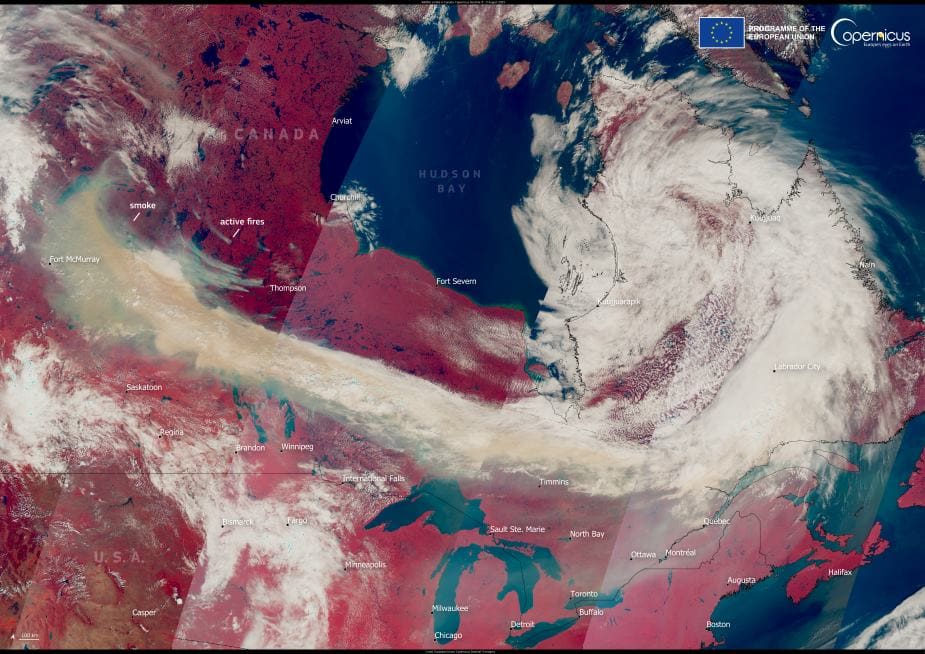The São Paulo School of Advanced Science on Ocean Literacy – SPSAS-OL will be held on August 19 – September 1, 2025, at the Federal University of São Paulo’s Institute of Marine Science (IMar-UNIFESP) in the port city of Santos, São Paulo state, Brazil.
Ocean literacy is not limited to a specific field but encompasses a variety of sectors (education, conservation, climate resilience, economy and communication), and also the knowledge that Indigenous peoples and traditional communities have about local ecosystems and sustainable resource management practices, which can inspire society how to act sustainably.
This School is open for application to graduate students, postdoctoral researchers, traditional knowledge holders and professionals from different fields, with an interest in ocean science, sustainability, education and science-policy interface.
The School program includes four modules that cover the Vision 2030 (Challenge 10) ambitions for the UN Ocean Decade and will integrate its studentes to a transdisciplinary discussion with a range of experts.
The discussions at the School will benefit greatly from the participation of internationally renowned researchers as speakers, such as:
Diz Glithero, Executive director of the Canadian Ocean Literacy Coalition and Adjunct Professor in the Marine Affairs Program at Dalhousie University, Canada; Anthony A. Leiserowitz, Director of the Yale Program on Climate Change Communication and the JoshAni – TomKat Professor of Climate Communication at the Yale School of the Environment, USA; Carmen Santos, Former Dean of the University of Namibe and Minister of Fisheries and Marine Resources of the Republic of Angola;
Francesca Santoro, Coordinator of the Ocean Literacy Program of the UNESCO’s Intergovernmental Oceanographic Commission (IOC/UNESCO); Angelo Bernardino, professor of Oceanography at the Federal University of Espírito Santo in Brazil, among others
Reporters are invited to register for the scientific sessions and short courses, which will present state-of-the-art science and the results of new research.
The São Paulo Research Foundation (FAPESP) is supporting the event through its São Paulo School of Advanced Science Program (SPSAS).
Travel, accommodation, food and travel insurance (for foreign participants) of selected students will be fully financed by FAPESP.
Approximately 100 applicants, 50 from Brazil and 50 from other countries will be selected to participate in this School of Advanced Science. Indigenous, Afro-descendent and candidates with disabilities will also be eligible for bonuses at the discretion of the Organizing Committee.
Participants will be selected based on their curriculum vitae, most recent academic transcript, by the analysis of the letters of recommendation and by the analysis of the letter of intent. The selection process will consider criteria of gender balance and ethnic/racial diversity.
Applications must be submitted by May 24, 2025 via the event’s website.
Article Source:
Press Release/Material by Fundação de Amparo à Pesquisa do Estado de São Paulo (FAPESP)
Featured image credit: jcomp | Freepik




